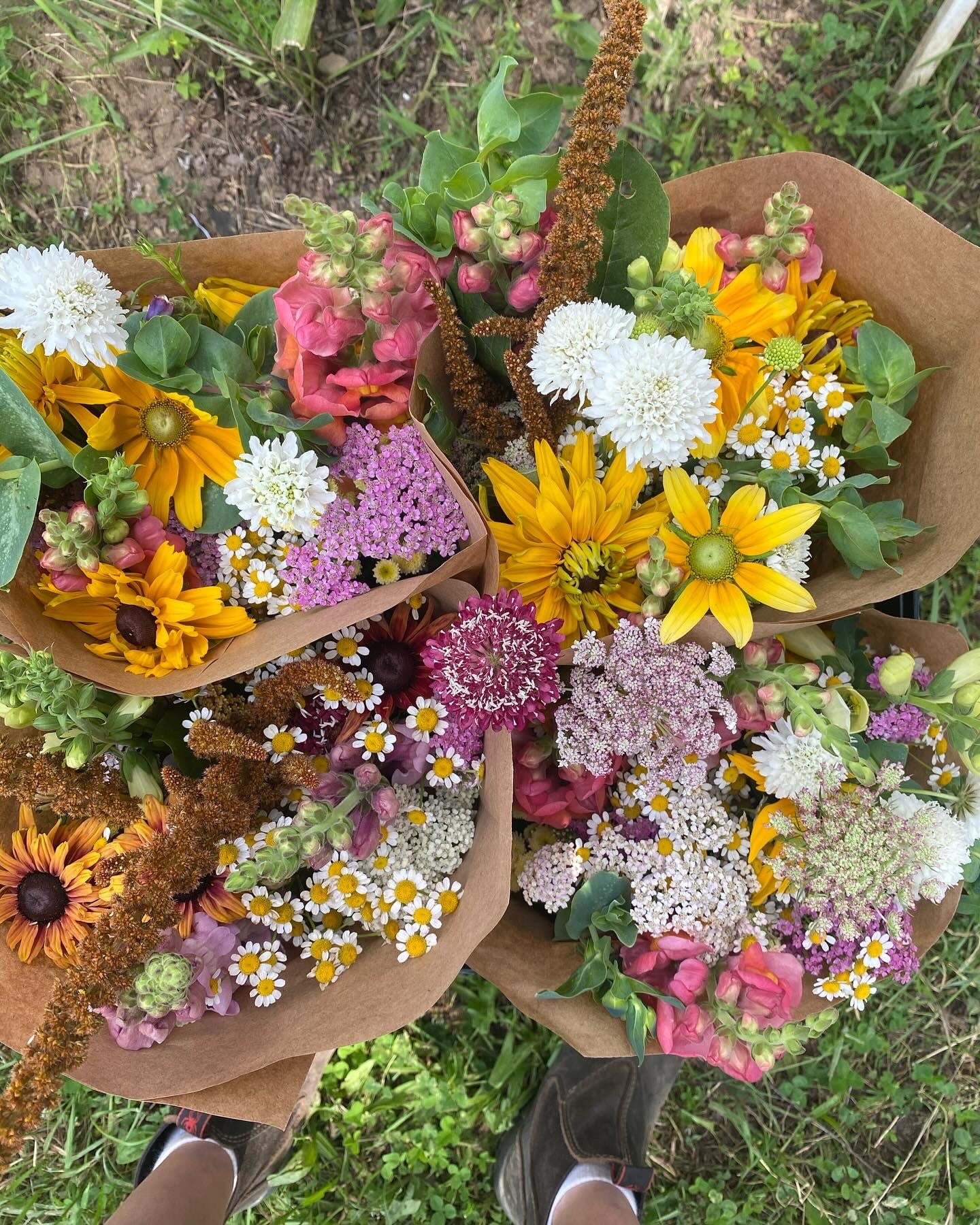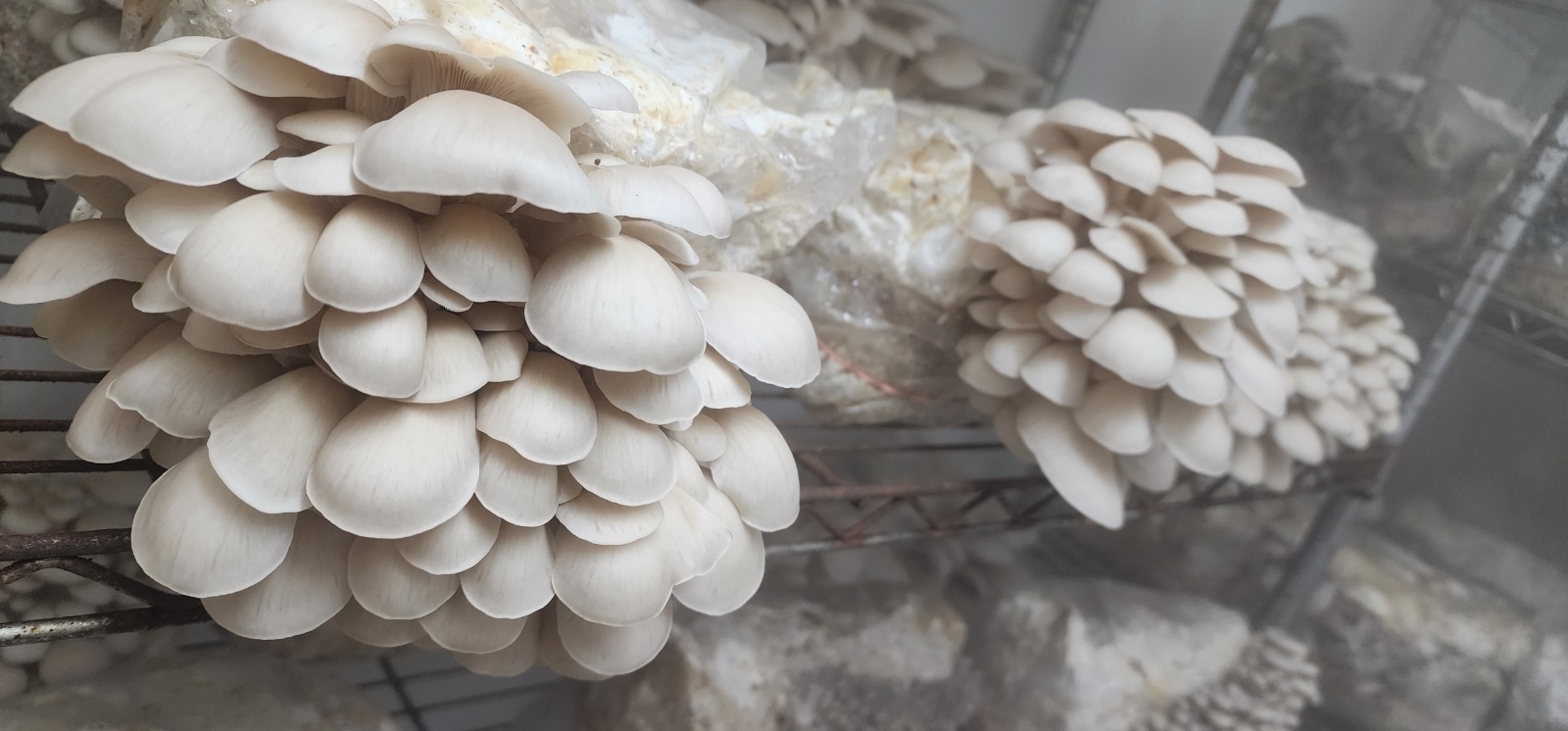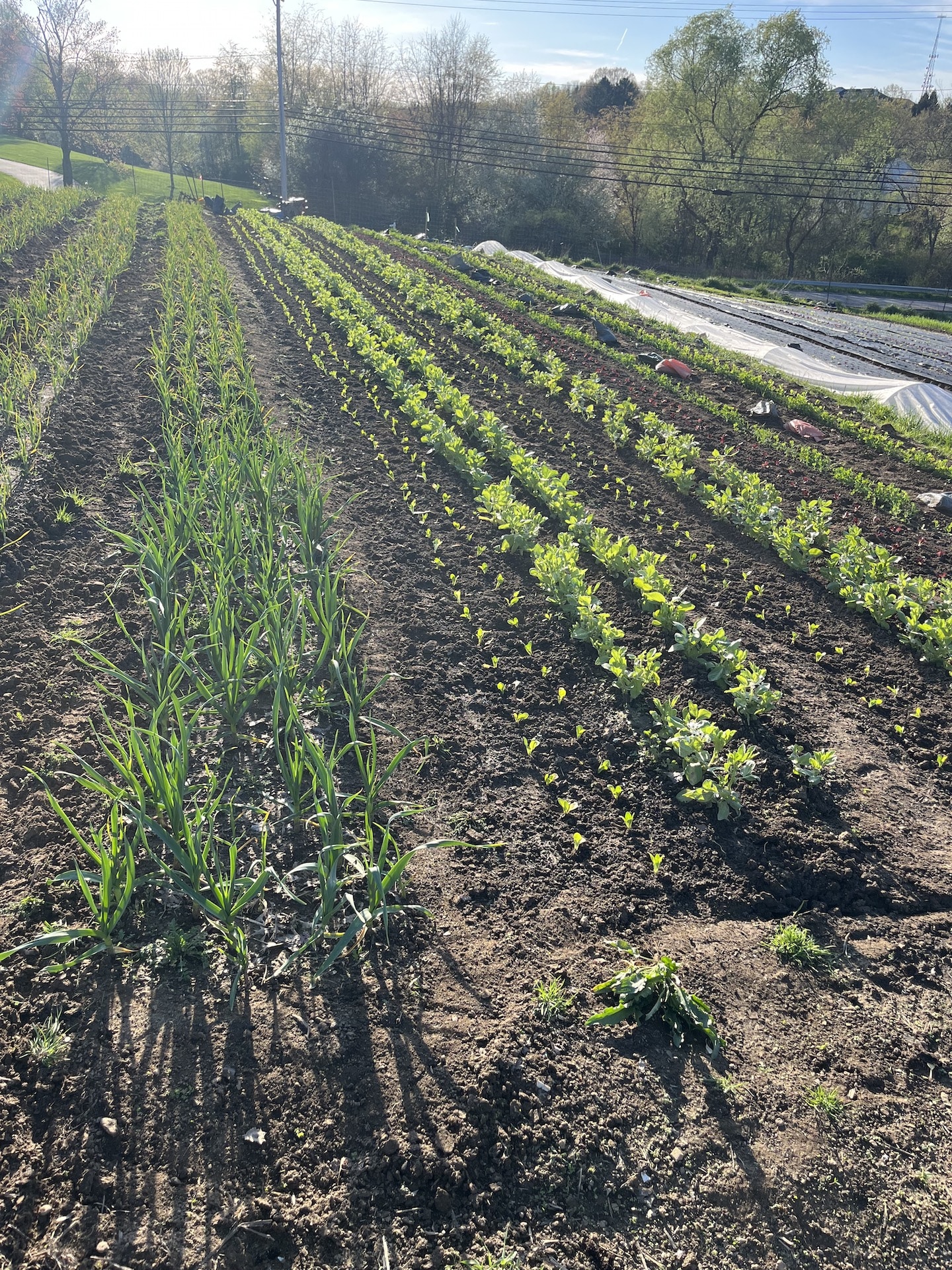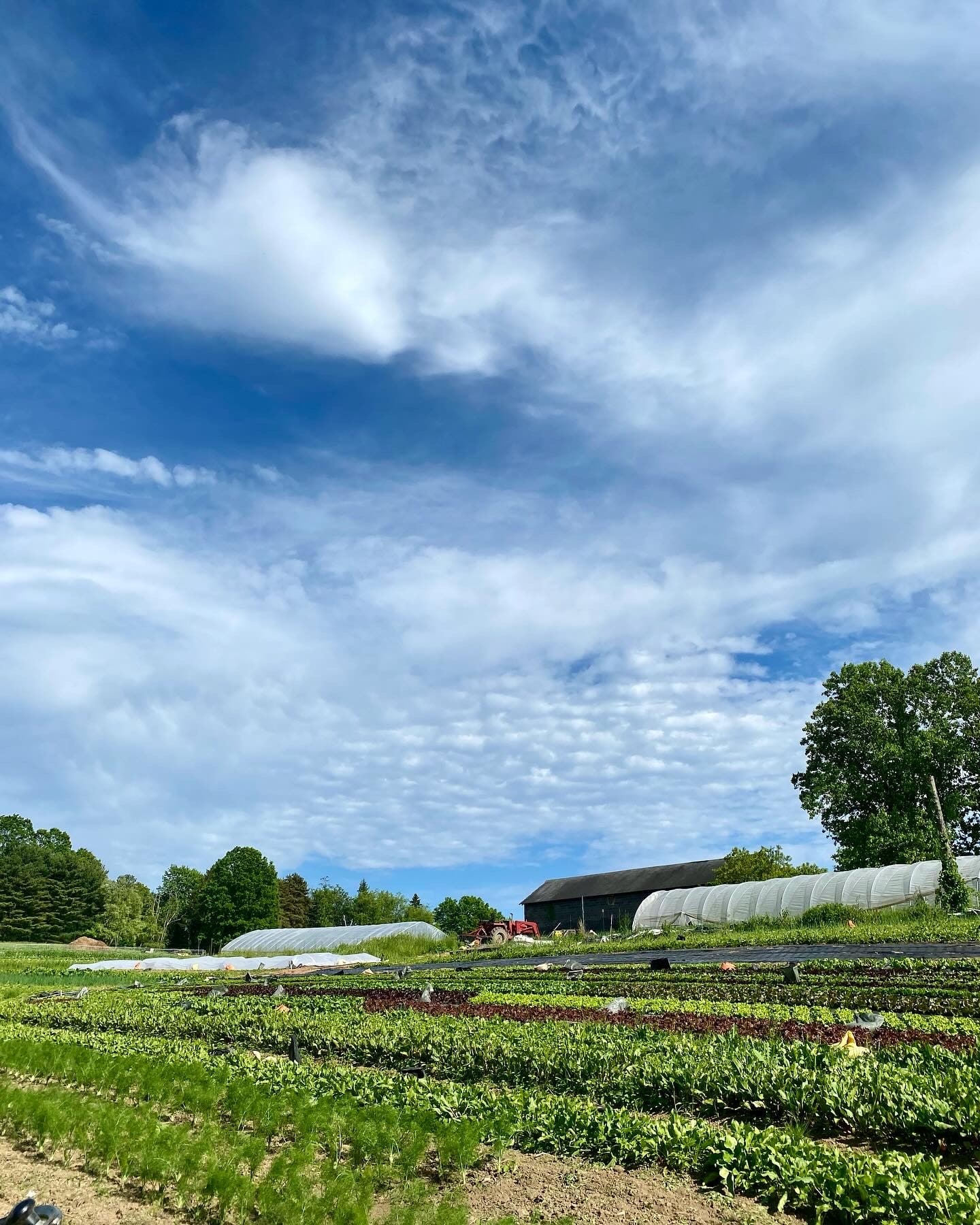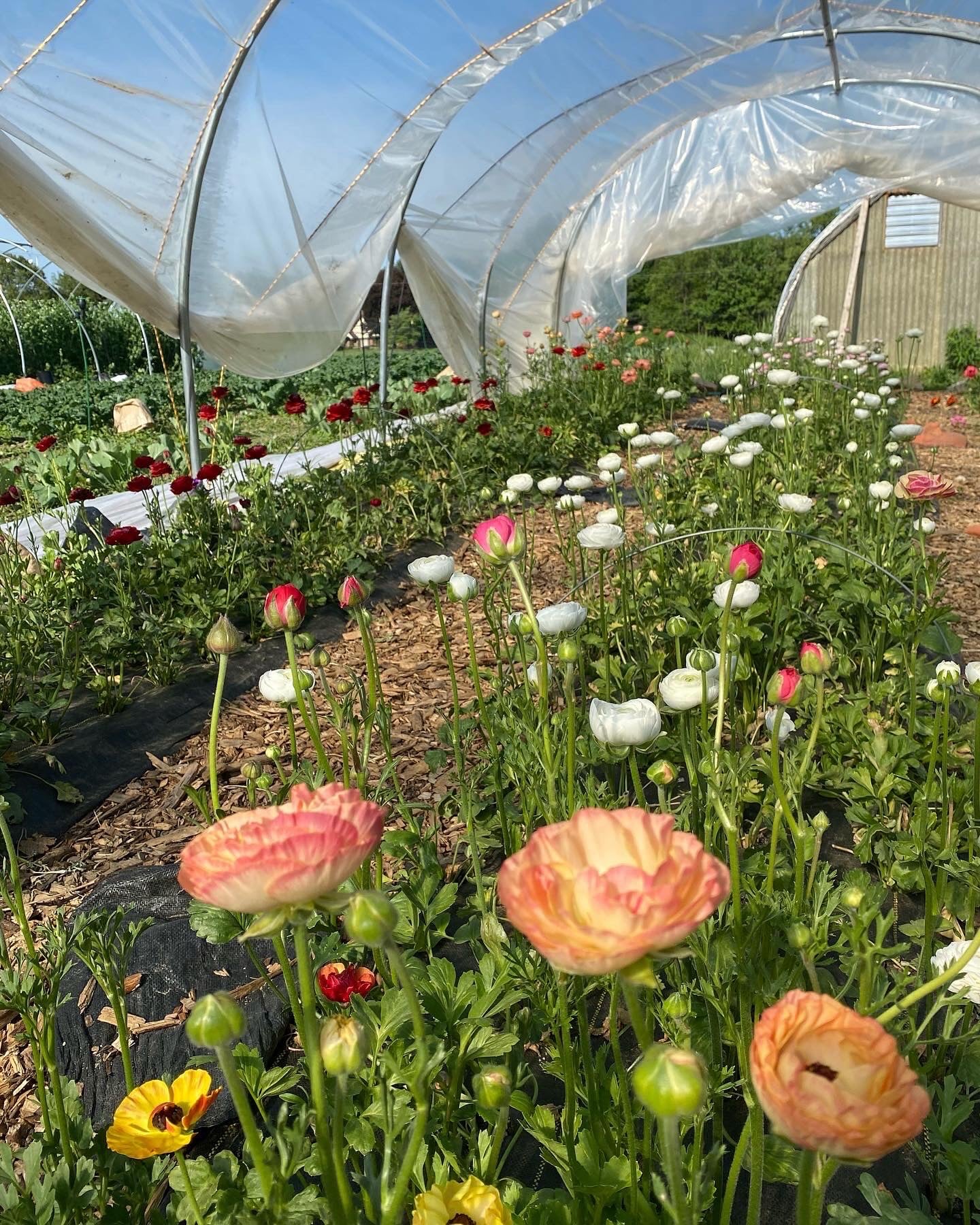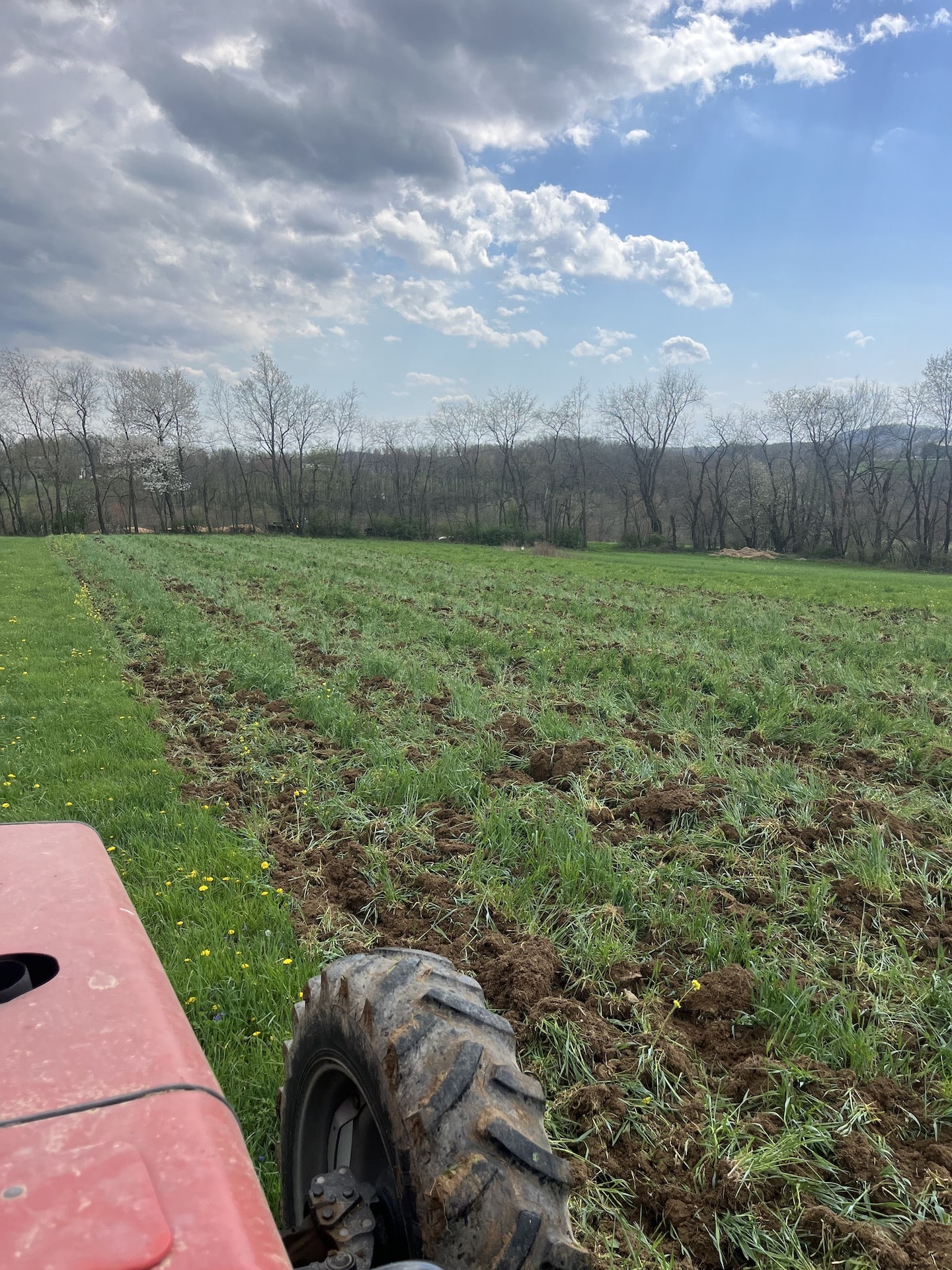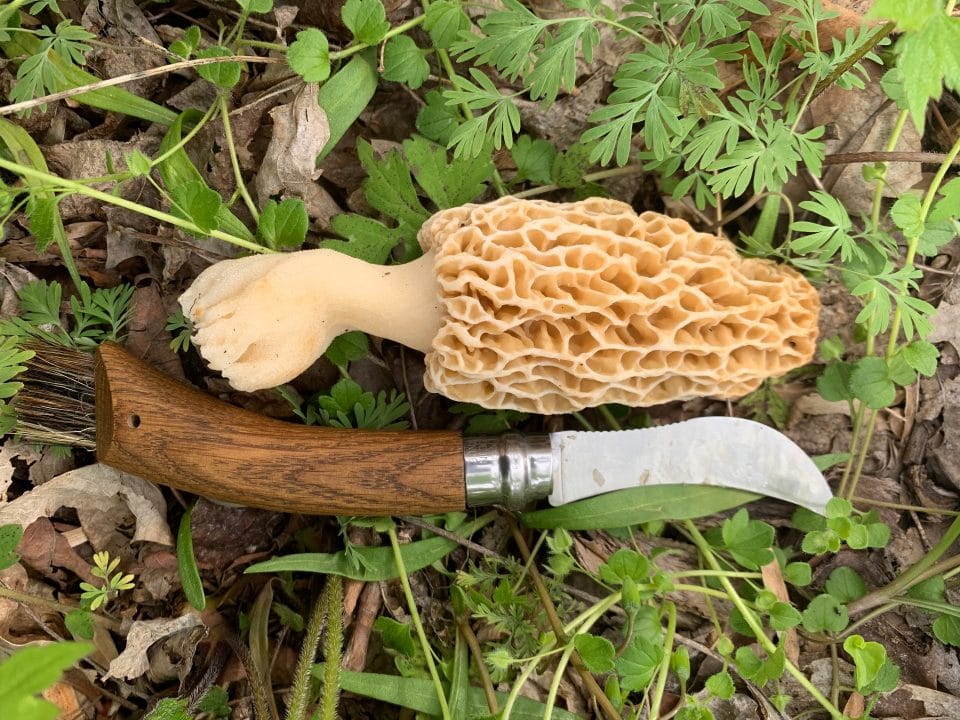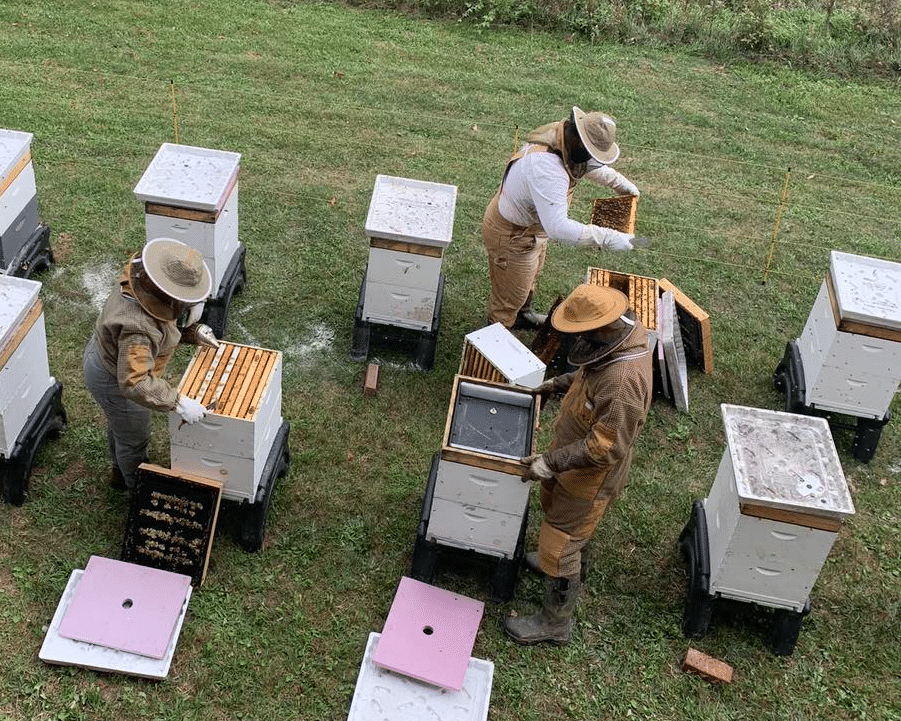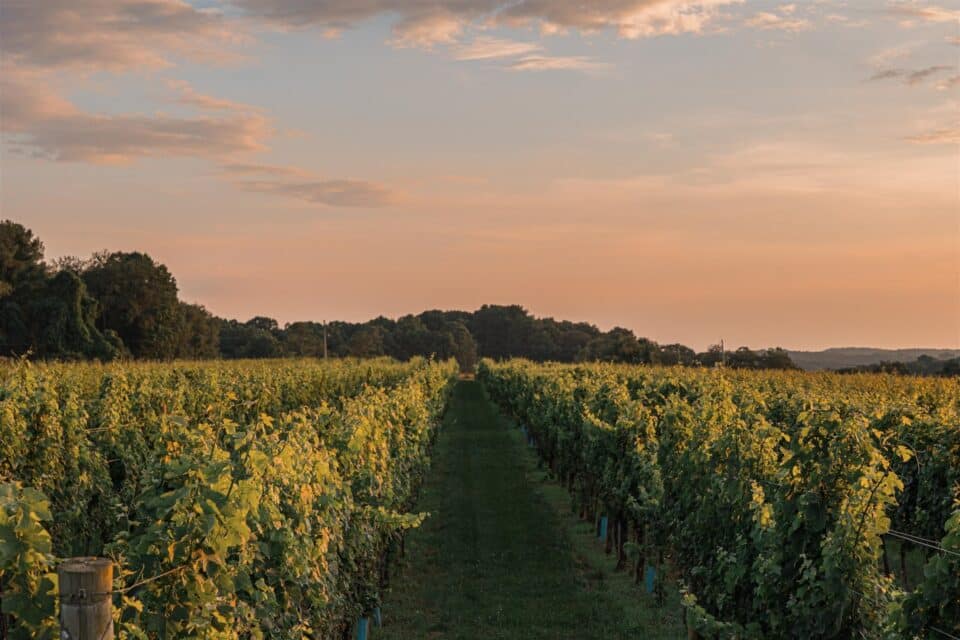Tiny Seed Farm in Pittsburgh is a small two-and-a-half-acre farm with a big heart. With the help of fellow farmers and friends, Farmer Todd Wilson has transformed a slice of western PA land into a thriving, year-round food source for the Pittsburgh area.
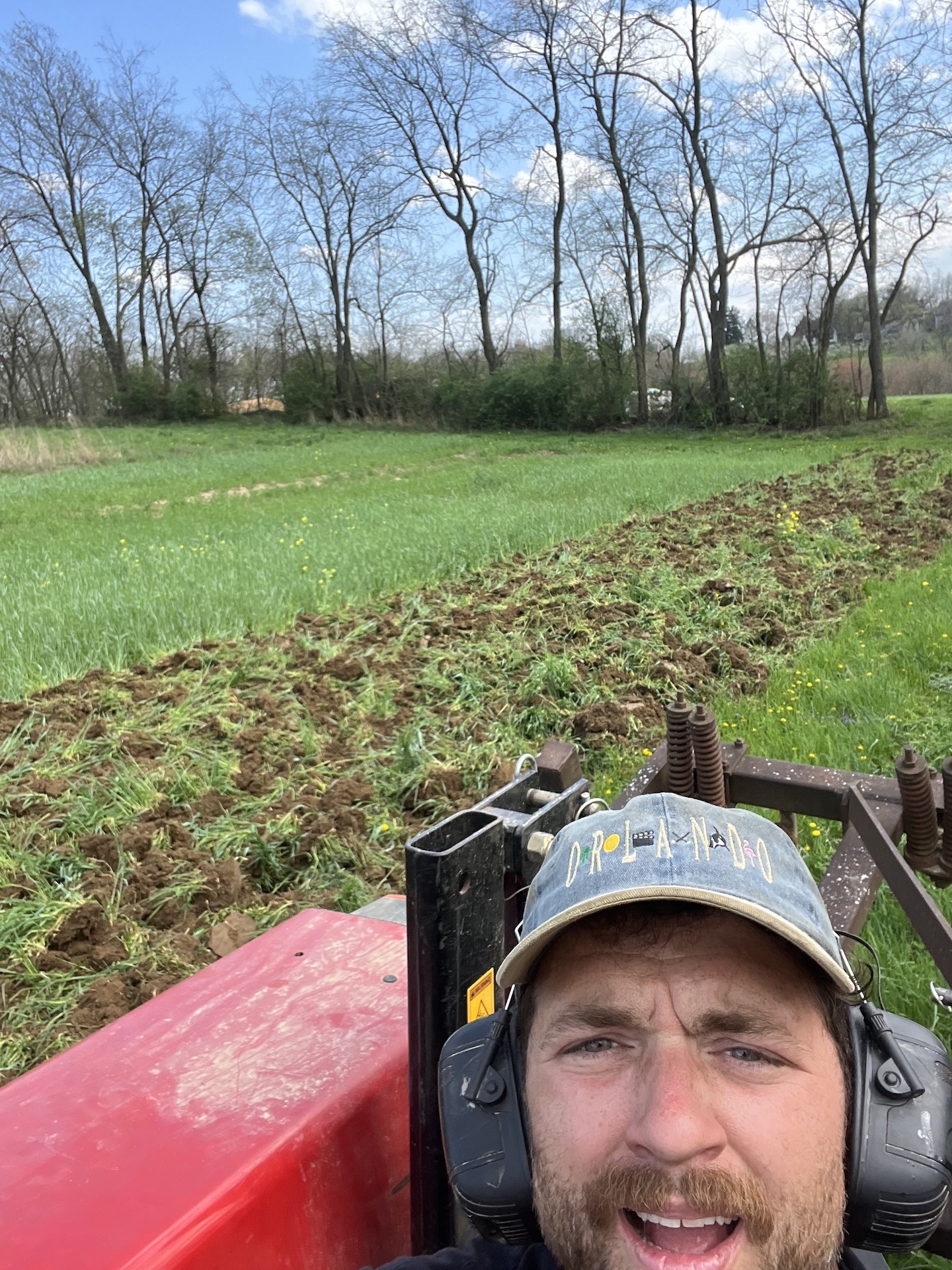
Todd Wilson of Tiny Seed Farm
Wilson didn’t originally set out to Pittsburgh to farm, but to earn his degree in political science and economics. It didn’t take long after graduation for him to find a new path, one that felt connected to a bigger movement. After witnessing a traumatic event, he began exploring social justice avenues. He was drawn to community supported agriculture (CSA) and farming for their potential solutions for serious issues in the food system. Wilson is quick to credit the many people who have helped him along the way to his current farming practice.
We spoke with Wilson about the impetus for his career as a farmer, the development of Tiny Seed Farm and what he’s excited about for the future:
PA Eats: Can you take us back to what drew you to become a farmer?
Todd Wilson: I’m originally from Lancaster County. After high school, I moved to Pittsburgh and have been here ever since. I went to the University of Pittsburgh business school and found out pretty quickly that it wasn’t for me, though I’m currently running a business.
While I was in college, I had done an independent study on energy use and agriculture, which revealed to me the industrial nature of our food system. It sort of ended up being a wormhole into our decimated local and regional food systems, food deserts and some of the horrific conditions in which food is produced. It was startling.
Originally, I just started gardening in vacant lots in the city. It was something I could have control of and know that the food I was eating was good. I also went to farmers markets and was buying food from farms.
I volunteered at Shiloh Farms and at a greenhouse. Then, I did an internship the following year at Braddock Farms under Marshall Hart. That was getting my toe into farming.
After volunteering through Grow Pittsburgh, I worked at the Kretschmann Family Organic Farm in Rochester for five seasons. I decided to work there because I felt that CSA was a really great model to get food to people affordably and to support farmers. I thought it could revolutionize local access to food, so I worked for the largest CSA in western PA because I wanted to learn from someone who was doing it since the 1970s.
I was hungry to sort of jump into something that, in wake of reading about our broken food system, was something I thought I could do right away that could make a tangible difference in people’s lives. I also supplemented my farm work with work in the service industry. I was really excited about what chefs were using, and what was trendy and popular in that scene.
What do you grow at the farm, and what are your popular items?
We grow veggies, flowers, and mushrooms and we work with vendors to sell cheese and other value-added products. We specialize in salad mixes, which we sell to a lot of restaurants. Other hits are tomatoes, zucchini and peppers. They’re all very popular.
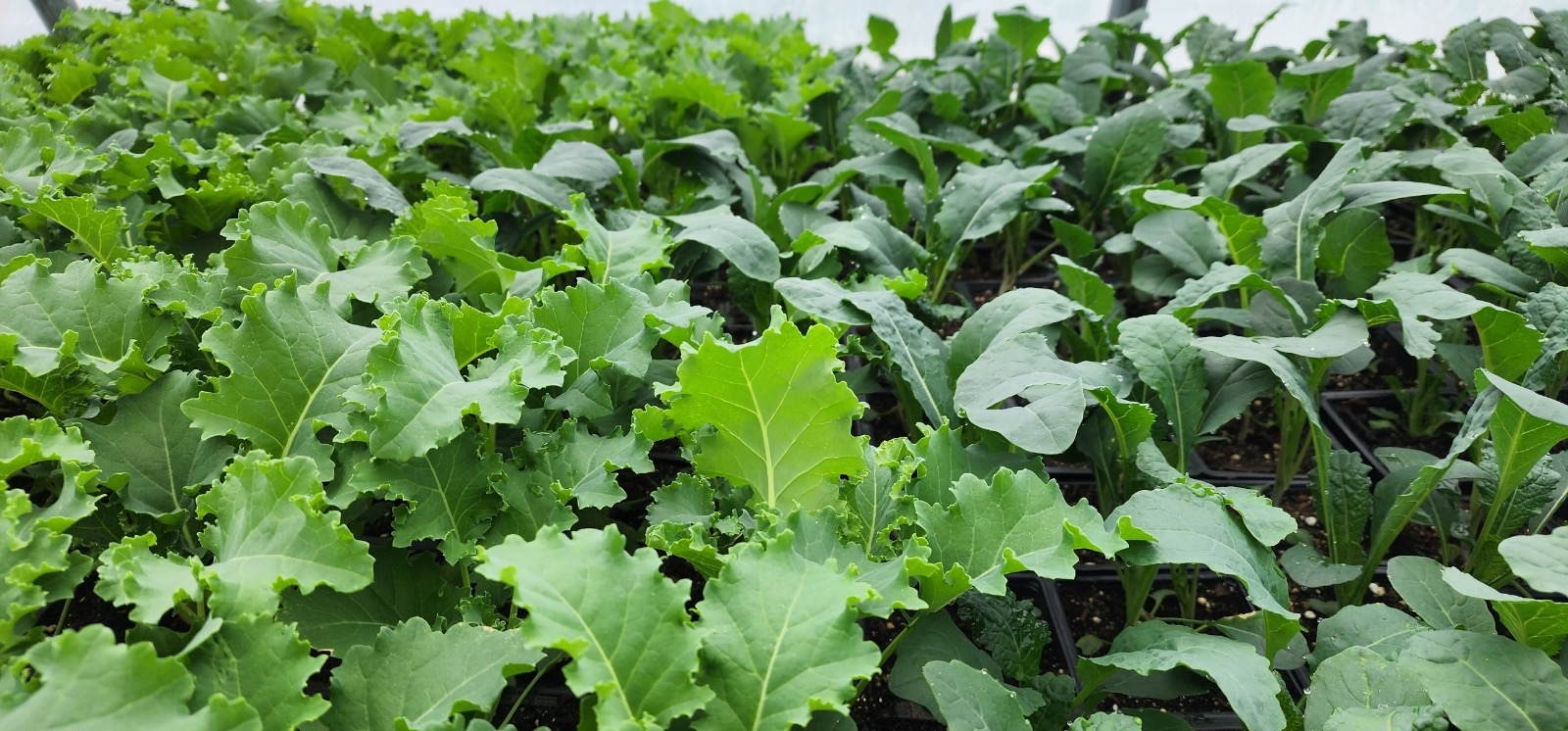
Since 2019, we’ve offered a flower bouquet subscription, weekly or bi-weekly, in the spring. We’re overwintering peonies and tulips. Usually, it’s gray and dreary in Pittsburgh through the winter, so the spring subscription is a wonderful welcoming of spring. It’s also nice having the flowers on the farm visually and for pollinators, and it diversifies our offerings.
We grow a lot of culinary mushrooms. We grow tons of different oyster varieties: golden, Italian, blue, and king trumpets. We also grow lion’s mane mushrooms, chestnut mushrooms and shiitake, but we’re taking a break from shiitake currently. I’m experimenting with some other varieties, too. We’re looking at maitake, which were foraged and then someone stabilized them for growth. I’m extremely excited about that.
We’re also growing reishi for the first time and it’s really exciting. I have no idea what we’re going to do with them at this point; we’re just growing them. We always just try to throw in a few things that push the limits of our knowledge and understanding. It’s a great way to learn about things and be excited about them to sell them.
You farm on 2.5 acres of land. Can you tell us about the challenges and advantages of farming at that size?
When I worked for Kretschmann Family Organic Farm, we were growing on 37 acres with a 1,300-member CSA. That’s huge, and there’s a lot of freedom in having space.
But, you can grow an incredible amount of produce in a small area. We are growing our plants much more closely together. We get a lot of plants out of the same area. We have five to seven rows of carrots in the same space where maybe you’d have three on a large farm.
On a small scale, you need to grow multiple crops in the same beds in the same season to be economically viable. We have to be growing in all of our beds, all of the time. So, we need creative solutions to make sure we’re not diminishing the soil. Our solutions are soil tests, adding minerals and compost and rotating crops for nitrogen fixation. It’s a fun little puzzle, being on a smaller scale.
The negatives of densely populated produce are disease and air flow issues. Cultivating can be challenging, too, when plants are closer together.
Ideally, I’d be on five to ten acres, growing only five acres of vegetables and rotating more. But there’s research that shows that you can grow really well, maintain soil health and rotate crops in less space. So, there’s more than one way to do this. It’s not a one-size-fits-all scenario in farming.
Can you tell me about the collaborative spirit of Tiny Seed?
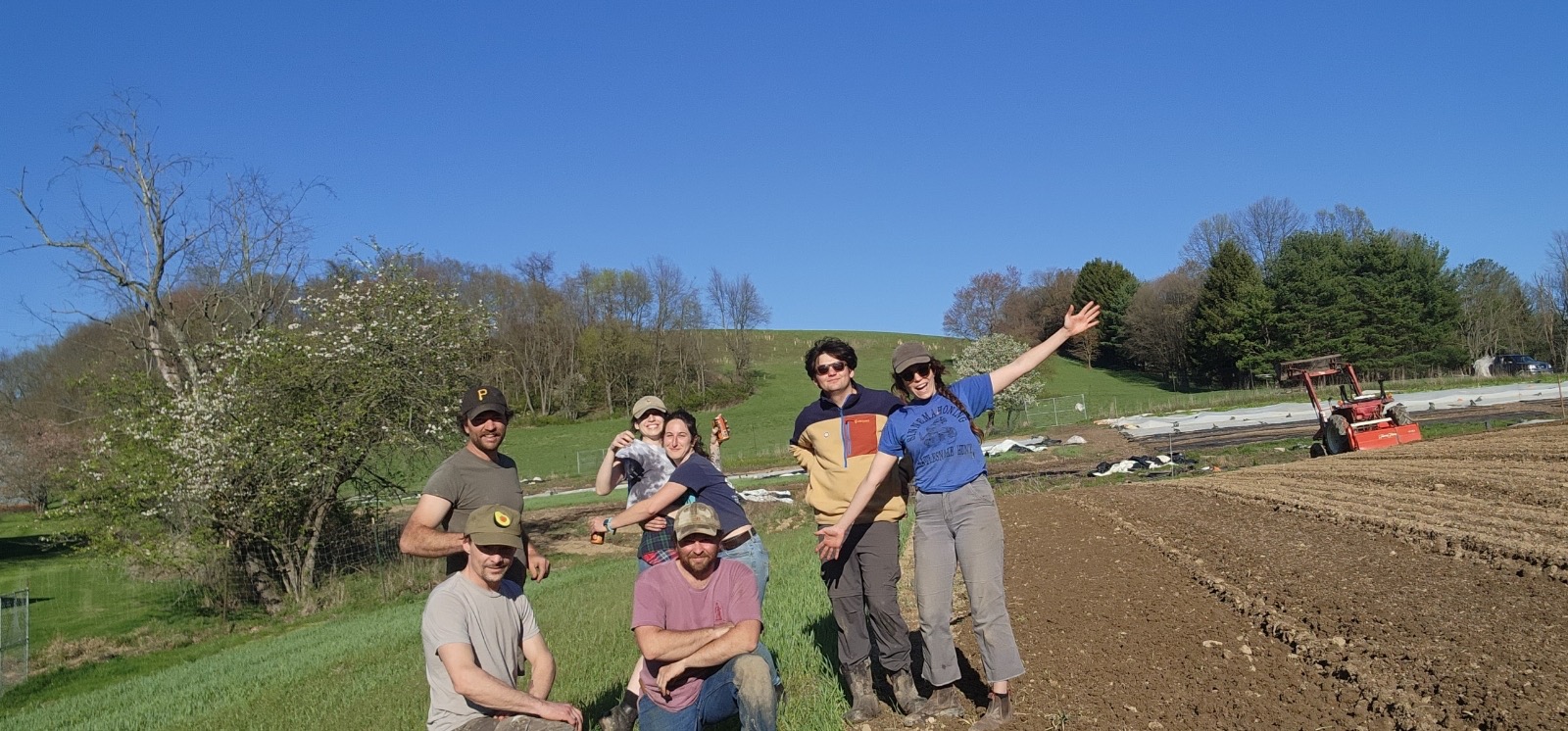
So many people have been so wonderful and instrumental in the formation and support of Tiny Seed.
On the first property I farmed on there was a guy, Craig Cowan, just starting a blacksmithing business on-site. I would be working until dark and he would show up with beers and encouragement and, often, it was what kept me going. I’ve borrowed his van when mine broke down, many times!
I don’t think I’d be able to do all of this if I didn’t work on the Kretschmann Farm. That farmer is totally focused on efficiency and it really changed my mindset. Working for Grow Pittsburgh was gardening at a slow pace. But, once you’re in a business situation, there’s a bottom line. It doesn’t matter how wonderful this is, the job doesn’t exist unless you make enough to cover the costs. Kretschmann illustrated that for me, and it’s something I’ve taken with me to this day.
My buddy, David Slebodnik, who formerly worked at Kretschmann Farm, too, has helped me a lot. Our first growing season, he was there growing stuff with me, cultivating, planting, harvesting and selling. He became more of an investor and we bought equipment together. Eventually, it just didn’t make sense for him to be commuting because of how far it was. But we’re still in touch and we’re supportive.
The property I rent is owned by the Simon family. It was farmed by Arthur Simon until he died in the late 1990s. It’s a century farm and has been in their family since 1886, so when I was born (in 1986), they’d been farming it for 100 years. The steward, Dan Simon, is a huge mentor for me on mechanical stuff. When something breaks, my first instinct isn’t just to ship it out for repair. I have a growing confidence in working on machines myself and he’s the only reason I have those skills.
In our first season, we just had volunteers. Then, I had friends working on the farm with me, who were instrumental in keeping the farm alive and working for too little pay. I’m grateful to them forever.
I’m also grateful for my cohort of farmers who started small-scale farms at the same time as me. That includes Jason Oddo who now runs Coldco Farm with Nick Lubecki and Megan Gallagher who started be.wild.er Farm. We’re always texting, troubleshooting problems and sharing successes together.
Our flower manager, Loren Kildoo, has been a great help, too. She has taken on a lot of responsibility and has given me more space to work on the business.
I love the work I do, but it’s really hard sometimes. You have no control over so many variables. I wouldn’t be where I am without the support of so many people.
What is your calendar year like?
I’m pretty much working a lot, year-round. Some of it depends on the season, of course.
In January, we’re starting with the first seedlings. We heat a small portion of the greenhouse then. There’s a big push for seedling sales in April and March. It’s important to have items to sell early in the season. We may also have crops that have been overwintered, which we may or may not be harvesting.
In February, we’re ramping up cut flowers and then, late in the month, the vegetable seedlings start in the greenhouses plus an unheated 14-foot wide caterpillar house in March.
By April, we’re planting in the fields. This year, we started at a new farmers market in April, too. I’m excited to see what develops there. We also start wholesale deliveries to restaurant partners. This all combines into a wild ride.
April is our last chance to look in-depth at anything that’s not running smoothly. Once the season hits, it’s a whirlwind. Buckle up and hold on tight.
In May, we start at the second and third farmers markets on Tuesdays and Saturdays.
In June, the CSA starts. Then, it’s pretty much just the same week, every week. Monday is harvest, Tuesday is market CSA, then we’re on to wholesale deliveries, then recovery then harvest for the weekend CSAs again. This goes through Thanksgiving.
By December, whatever we have been able to keep alive in fields, we sell. We try to keep things alive in the greenhouses and trickle into restaurants until about February. Then we are dry from February to the beginning of April. CSA sales are very important then, they sustain us.
Everyone that works here takes on a lot of responsibility. You could do something a lot easier and get paid more. It’s a labor of love out here. We’re working hard to build efficiencies into the system.
What’s up next for Tiny Seed Farm?
This season, we’re partnering with North Hills Community Outreach, which runs a food pantry, to offer a “Pay it Forward” CSA Share. This is a way for people to buy shares that are donated to the North Hills Pantry. For every five shares, Tiny Seed will donate a share. Our goal is to match 15 shares and make it 18 total.
We’ll also continue to donate a lot of food through the food bank, which they pick up at the end of the farmers markets. We bring extra – more than we can sell – which makes our stand full and vibrant, and then we can donate it.
Right now, I commute to the farm, and then back home, and that’s not how I want it to work in the long run. A lot of the work we’re doing right now is to build a strong foundation. Then, getting some space to delegate more responsibility is a huge goal of mine so that I can be more involved in the community. That’s the reason I started the farm.
It’s nice to wake up and, in a world with so many challenges, to be doing something for the greater good. I’m grateful every day that I get to do what I do.
To learn more about Tiny Seed Farm, visit its website and Instagram page. You can purchase a summer CSA, a bouquet subscription and more or donate a “Pay It Forward” CSA share on Tiny Seed’s CSA page. You can also buy directly from Tiny Seed at the Bloomfield, Lawrenceville and Sewickley farmers markets.
Find Tiny Seed Farm at 4312 Middle Rd. in Allison Park, PA; phone: (717) 725-5177.
- Photos: Tiny Seed Farm
